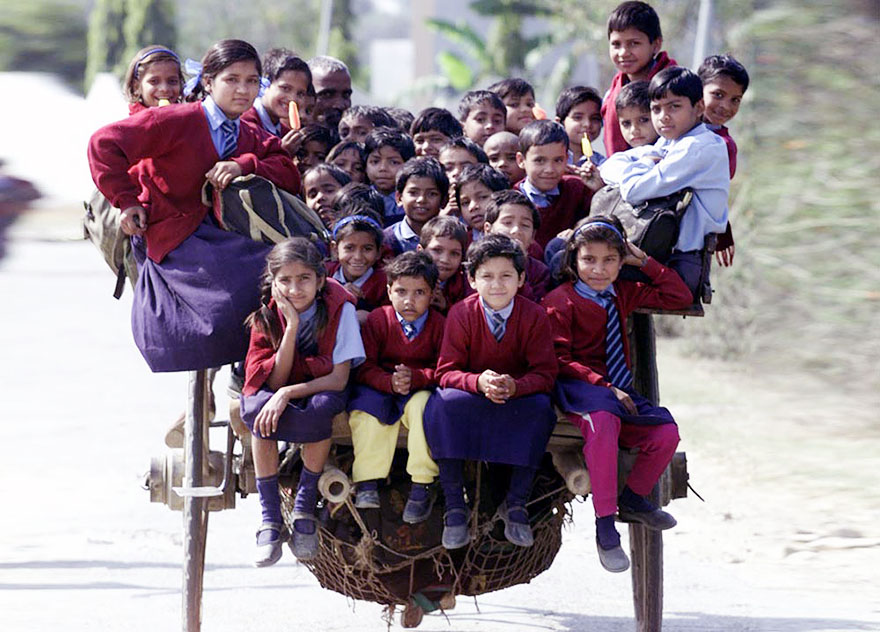With this in mind, students' ratings of their courses are a part of prospective students' considerations when selecting a school. But is this such a good idea? Recent studies have reached the conclusion that students report a more positive perception of their teachers when they learn less.
 |
| Strict teachers are good for you! |
The studies build on the proven premise that students experience a time lapse in between intensive learning and academic performance, meaning that the better the teaching quality, the better students will do later during their course.
Students tend to evaluate teachers positively when they receive high grades for a unit of study, and less positively when teachers are stricter. ('This lecturer is not an easy marker, he really makes you work for your grades! He's the best!' said no one ever.)
In this scenario, it was found that students rated courses in which they received good grades highly, but did worse in later courses. Thus it appears that students' satisfaction with units of study are linked to two factors - good grades and limited learning.
So what does this mean for students - both in university and those looking to enter university?
1. You reap what you sow
Students have to shoulder responsibility for their own learning, and understand that effort plays a much crucial role in influencing results in comparison to ability.
2. No pain, no gain
Not all effort are created equal. Effort can be easy - attending lectures, reading materials - or challenging - for example, self testing. The more difficult a task is, the more students learn. So embrace the tough stuff.
3. Take student evaluation results with a pinch of salt
Happy students may not be learning effectively. Happiness is subjective enough as it is, and when funding and ranking relies on students' evaluations - and when students are aware of this - they may be incentivised to give glowing reviews.
In the end, it is your own hard work which matters the most.
Source: The Conversation









.JPG)

































